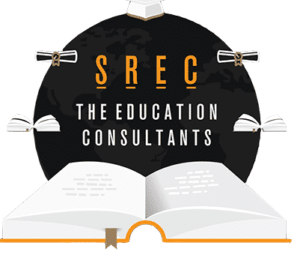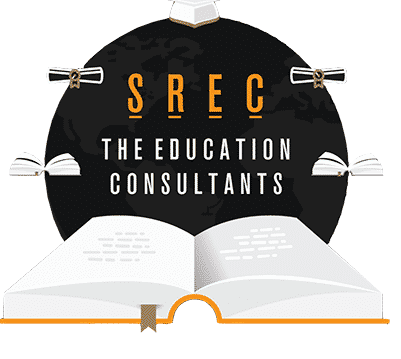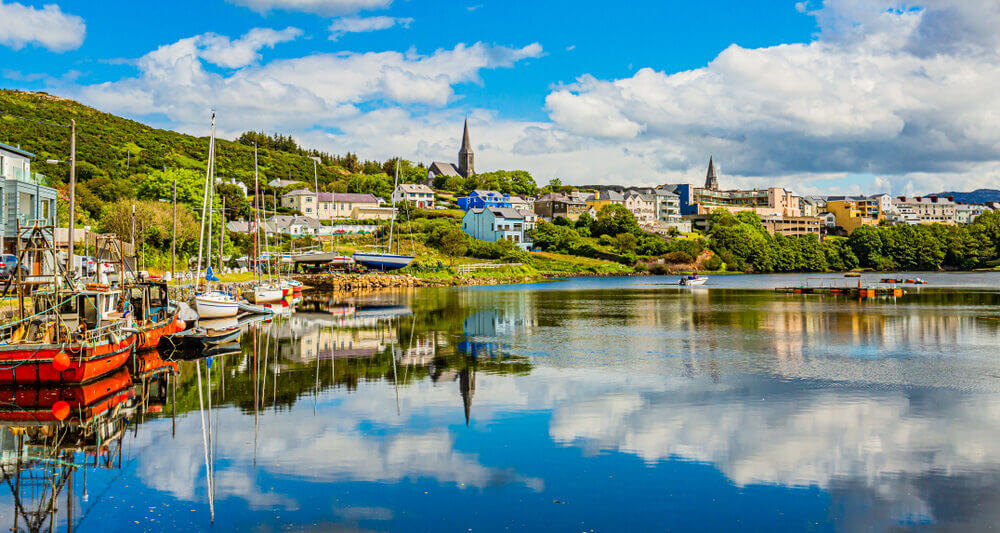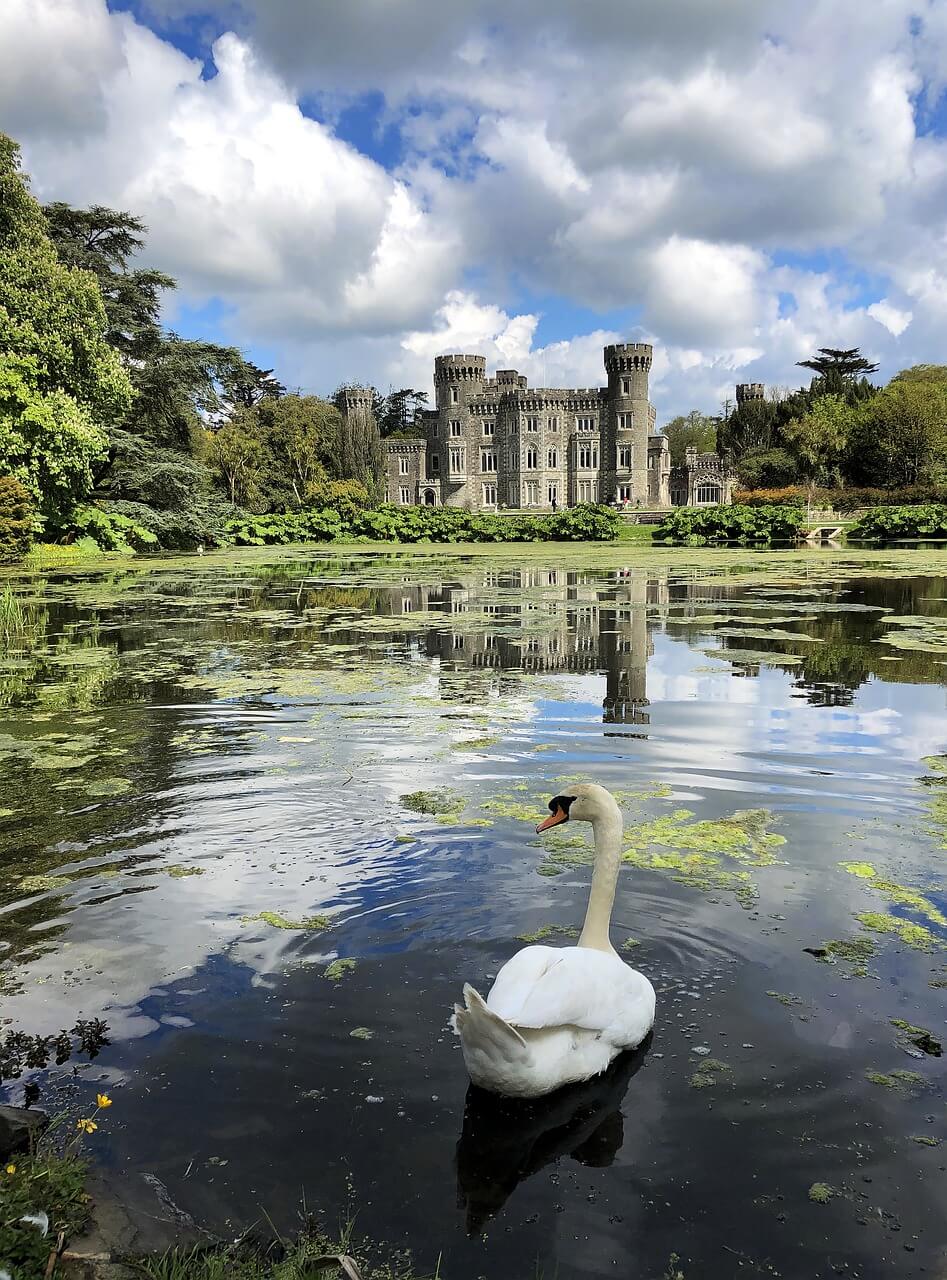
Studying in Ireland can give you a great start to a successful career. Ireland ranks highly for quality of education – education that meets the needs of a competitive economy, plus knowledge transfer between universities and international companies.
Irish education is among the best in the world, topping the global ranks for quality of education systems. Irish universities are in the top 1% of research institutions in the world, in terms of research impact in 19 fields, spanning natural sciences, social sciences and the humanities. The quality of life in the country is ranked 4th by the UN Human Development Index. The cost of living is competitive than most of the EU countries. The best thing about studying in Ireland is that the Irish people, known for friendliness and hospitality, help the overseas students adapt easily to the way of student life in the country.
Ireland is an island in Northwestern Europe in the north Atlantic Ocean. The island lies on the European continental shelf, part of the Eurasian Plate.
| Continent | Europe |
|---|---|
| Climate | temperate oceanic climate with abundant rainfall |
| Terrain | flat, low-lying area in the midlands, ringed by mountain ranges |
QUICK FACTS
- CAPITAL: DUBLIN
- RELIGION: ROMAN CATHOLIC
- POPULATION: 4.75 MILLION
- CURRENCY: EURO
- LANGUAGE: ENGLISH & GAELIC
- DIALING CODE: +353
- SUMMER TEMP: 20°C
- WINTER TEMP: 8°C
ABOUT IRELAND
Studying in Ireland can be an excellent choice for international students seeking high-quality education, a rich cultural experience, and opportunities for personal and professional growth. Here are some key points to consider if you’re interested in studying in Ireland:
High-Quality Education: Ireland is home to several prestigious universities and colleges known for their academic excellence and research contributions. Institutions such as Trinity College Dublin, University College Dublin, and University College Cork consistently rank among the top universities globally.
Wide Range of Programs: Irish universities offer a diverse range of undergraduate and postgraduate programs across various disciplines, including arts, humanities, sciences, engineering, business, and technology. Students can choose from a wide array of courses tailored to their interests and career aspirations.
English Language: English is the primary language of instruction in Irish universities, making it an accessible destination for international students from non-English speaking countries. However, some courses may require proof of English language proficiency through exams like the IELTS or TOEFL.
Research Opportunities: Ireland has a strong reputation for research and innovation, with universities actively engaged in cutting-edge research across various fields. Students have opportunities to participate in research projects, collaborate with faculty members, and contribute to advancements in their chosen fields.
Safe and Welcoming Environment: Ireland is known for its friendly and welcoming atmosphere, making it a comfortable destination for international students. The country’s rich cultural heritage, vibrant cities, and stunning landscapes provide an enriching and enjoyable living experience.
Post-Study Work Opportunities: Ireland offers post-study work opportunities for international students who wish to remain in the country after completing their studies. The Third Level Graduate Scheme allows graduates to stay and work in Ireland for up to two years, providing valuable work experience and opportunities to explore career options.
Quality of Life: Ireland boasts a high quality of life, with a strong economy, excellent healthcare system, and well-developed infrastructure. Students can enjoy a balanced lifestyle, with opportunities for outdoor activities, cultural events, and socializing with classmates and locals.
Student Support Services: Irish universities provide comprehensive support services for international students, including orientation programs, academic advising, accommodation assistance, and student societies. Dedicated staff are available to help students adjust to life in Ireland and make the most of their academic experience
- Business & Finance
- Maths & Science
- Computer IT
- MBA
- Hospitality
- Engineering
- Humanities
- Business Management
- Business & Finance
- Maths & Science
- Computer IT
- MBA
- Hospitality
- Engineering
- Humanities
- Business Management
Top Universities in IRELAND
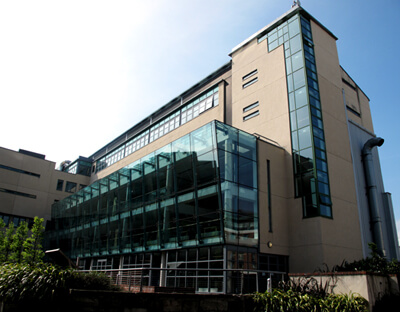
Trinity College Dublin (TCD)
Trinity College Dublin (TCD):Trinity College Dublin is Ireland’s oldest university and consistently ranks as one of the top universities in Europe. It offers a wide range of undergraduate and postgraduate programs across disciplines such as arts,
humanities, sciences, engineering, business, and health sciences.
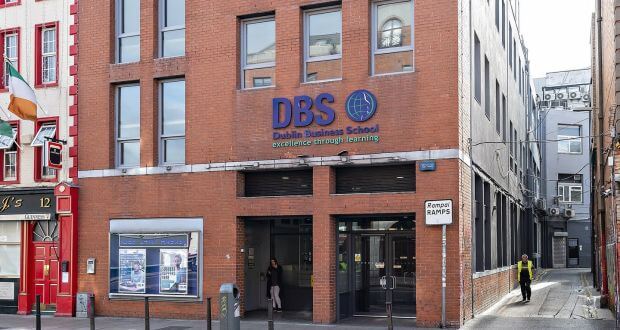
University College Dublin (UCD)
University College Dublin (UCD):University College Dublin is one of Europe’s leading research-intensive universities, offering a comprehensive range of programs in areas such as business, engineering, agriculture, medicine, law, and social sciences. It has
a strong focus on innovation, entrepreneurship, and global engagement.
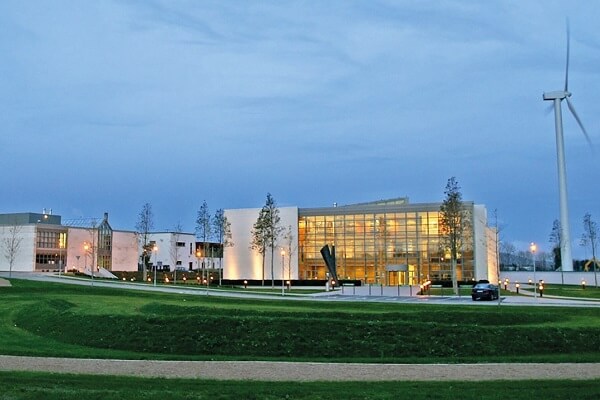
University College Cork (UCC)
University College Cork (UCC):University College Cork is a dynamic and
research-focused university located in the vibrant city of Cork. It offers a diverse
range of undergraduate and postgraduate programs in disciplines such as arts,
sciences, business, engineering, medicine, and law.

National University of Ireland, Galway (NUIG)
National University of Ireland, Galway (NUIG):National University of Ireland, Galway is known for its strong research programs and innovative teaching methods. It offers a wide range of undergraduate and postgraduate programs in areas such as arts,
sciences, medicine, engineering, business, and law.

Dublin City University (DCU)
Dublin City University (DCU):Dublin City University is a modern and forward-thinking university known for its focus on innovation, entrepreneurship, and industry engagement. It offers a diverse range of programs in areas such as business, engineering, computing, humanities, and social sciences.

University of Limerick (UL)
University of Limerick (UL):University of Limerick is a young and dynamic university with a strong reputation for excellence in teaching, research, and student support. It offers a wide range of programs in areas such as engineering, business, health
sciences, humanities, and social sciences.

Maynooth University
Maynooth University is a rapidly growing institution located
near Dublin, offering a range of undergraduate and postgraduate programs in
disciplines such as arts, sciences, business, engineering, and humanities. It is known
for its vibrant campus community and strong emphasis on research and innovation.
● These universities are just a few examples of the top institutions in Ireland,
each offering a unique academic experience and opportunities for students to
excel in their chosen fields. It’s important for prospective students to research
the specific programs, facilities, and campus culture of each university to find
the best fit for their academic and personal goals.
Admission Procedure
The admission process can be broadly divided into the following steps:
- The desired course & university needs to be decided on the requisite English proficiency tests like IELTS/ PTE/ TOEFL.
- Entry Requirements are to be followed
- Certificates of Class 10 & 12, Graduation (if Applicable),PG as Well as grades of English proficiency test are to be kept ready
- Applications to be sent to Colleges/Universities
- After sending the applications , candidates can expect to receive either a conditional offer/ unconditional offer/ rejection.
- The Unconditional Offer letter needs to be accepted by Payment of preliminary deposits as required by the particular university/ institution
TOP COURSE IN IRELAND
In Ireland, universities offer a diverse range of undergraduate and postgraduate courses across various disciplines, catering to the interests and career aspirations of students. Here are some of the top courses in Ireland based on their popularity, academic reputation, and career prospects:
Computer Science and Information Technology:With the growing demand for tech
professionals, courses in computer science, software engineering, information
technology, and data analytics are highly sought after. Students can gain expertise in
areas such as programming, artificial intelligence, cybersecurity, and cloud
computing.
Business and Management:Business degrees, including Bachelor of Business
Administration (BBA) and Master of Business Administration (MBA) programs, are
popular choices for students interested in pursuing careers in management, finance,
marketing, entrepreneurship, or consulting.
Medicine and Health Sciences:Courses in medicine, nursing, pharmacy, dentistry,
and allied health sciences are highly regarded in Ireland. These programs provide
comprehensive training in clinical practice, patient care, research, and public health,
preparing students for careers in healthcare.
Engineering:Engineering degrees in disciplines such as mechanical engineering,
electrical engineering, civil engineering, and biomedical engineering are popular
choices for students interested in solving complex problems and innovating in areas
such as infrastructure, technology, and sustainability.
Science and Technology:Courses in science, including biology, chemistry, physics,
and environmental science, as well as technology-focused programs such as
biotechnology, nanotechnology, and renewable energy, offer opportunities for
students to explore cutting-edge research and innovation.
Finance and Economics:Degrees in finance, economics, accounting, and business
analytics are highly sought after, especially in financial hubs like Dublin. Students can
gain skills in financial analysis, risk management, investment banking, and corporate
finance.
Law:Law degrees in Ireland provide comprehensive training in areas such as Irish
law, European Union law, international law, and human rights law. Students can
pursue careers as solicitors, barristers, legal advisors, or policymakers.
Arts and Humanities:Courses in arts, humanities, literature, history, philosophy, and
languages offer opportunities for students to explore diverse cultural and intellectual
perspectives, develop critical thinking skills, and pursue careers in education, media,
publishing, or the creative arts.
Environmental Studies and Sustainability:With increasing focus on environmental
conservation and sustainable development, courses in environmental science,
sustainability studies, and renewable energy provide students with the knowledge
and skills to address global environmental challenges.
International Relations and Global Studies:Courses in international relations, politics,
diplomacy, and global studies offer insights into international affairs, geopolitics, and
global governance. Students can pursue careers in diplomacy, international
organizations, NGOs, or academia.
COST OF LIVING IN IRELAND
Accommodation: This is usually the largest expense
for students. The cost of rent can vary greatly depending on the city and the type of
accommodation (shared apartment, private apartment, student dormitory). In major
cities like Dublin, Cork, or Galway, rental prices tend to be higher compared to smaller towns or rural areas.
Utilities: This includes electricity, heating, water, and internet. If you’re renting a
place, these costs may be included in your rent, but if not, they can add up to several
hundred euros per month.
Food: The cost of groceries and dining out can vary based on your dietary
preferences and habits. Cooking at home is generally more affordable than eating
out, but eating out occasionally is also common. Students often budget around
€100-€200 per month for groceries.
Transportation: Ireland has a well-developed public transportation system, including
buses, trains, and trams (in Dublin). A monthly transportation pass can range from
€50 to €150, depending on the city and the type of pass.
Healthcare: If you’re an EU/EEA citizen, you may be eligible for public healthcare
under the European Health Insurance Card (EHIC) scheme. Non-EU/EEA students
typically need to purchase private health insurance, which can cost around
€500-€1,000 per year.
Books and Supplies: Depending on your course requirements, you may need to
purchase textbooks, stationery, and other academic materials. This cost can vary but is typically a few hundred euros per year.
Personal Expenses: This includes things like clothing, entertainment, social
activities, and travel. The amount you spend on these items will depend on your
lifestyle and personal preferences.
INTERNATIONAL EXAM TO STUDY IN UK
English Language Proficiency Tests IELTS (International English Language Testing
System): IELTS is widely accepted by universities in Ireland as evidence of English
language proficiency. Most universities require a minimum overall band score,
typically ranging from 6.0 to 7.0, depending on the program and institution.
TOEFL (Test of English as a Foreign Language): TOEFL scores are also accepted by
many universities in Ireland. Institutions may have different score requirements, but a
typical minimum score range is 80 to 100 on the internet-based TOEFL (iBT).
PTE Academic (Pearson Test of English Academic): PTE Academic is another
English proficiency test accepted by some universities in Ireland. Minimum score
requirements vary, but they generally range from 58 to 65
Cambridge English Exams (e.g., C1 Advanced, C2 Proficiency): Some
universities may accept Cambridge English exams as an alternative to IELTS
or TOEFL. Applicants typically need to achieve a specific score on the exam,
such as a grade of C1 or C2.
Standardized Subject Tests (if required):Depending on the program or course of
study, some universities may require international students to submit scores from
standardized subject tests such as the SAT (Scholastic Assessment Test) or ACT
(American College Testing). These tests are more commonly required for
undergraduate admissions, especially for applicants from countries with
non-traditional education systems.
It’s essential to check the specific admission requirements of the universities and
programs you’re interested in applying to, as requirements may vary between
institutions and courses. Additionally, some universities may have their own English
language proficiency exams or may offer conditional admission for students who
need to improve their English skills before beginning their academic studies.
Before applying, make sure to verify the required exams, score cutoffs, and any other
documentation needed for your university applications. This will help ensure that you
meet all the requirements and increase your chances of a successful application to
study in Ireland.
VISA PROCESS IN IRELAND
VISA PROCESS IN IRELAND
The visa process for studying in Ireland varies depending on your nationality and the
duration of your planned stay. If you’re from a non-European Economic Area (EEA) or
non-European Union (EU) country and plan to study in Ireland for more than 90 days,
you’ll likely need to apply for a student visa, also known as a “long stay ‘D’ visa.”
Here’s an overview of the visa application process for international students planning
to study in Ireland:
Choose a Course and Institution: Before applying for a visa, you need to have been
accepted into a course of study at a recognized Irish educational institution. Make
sure to choose a course and institution that are eligible for student visas.
Check Visa Requirements: Visit the website of the Irish Naturalisation and
Immigration Service (INIS) to determine the specific visa requirements based on your
nationality and the type of visa you need. You’ll typically need to provide evidence of
acceptance into a course of study, proof of finances to cover tuition fees and living
expenses, and proof of private medical insurance.
Complete the Online Application Form: Start your visa application by completing the
online visa application form on the website of the Irish Naturalisation and
Immigration Service (INIS). You’ll need to provide personal details, information about
your planned course of study, and details of your financial situation.
Pay the Visa Application Fee: The visa application fee varies depending on factors
such as your nationality and the duration of your intended stay. You can pay the fee
online as part of the visa application process.
Biometric Information: Depending on your nationality, you may need to provide
biometric information (fingerprints and photograph) at a visa application center. This
information is used to verify your identity.
Attend Visa Interview (if required): In some cases, you may be required to attend a
visa interview at the nearest Irish embassy or consulate. The visa interview aims to
assess the genuineness of your application and your intention to study in Ireland.
Wait for Processing: After submitting your visa application and attending the
biometric appointment (if required), you’ll need to wait for your visa to be processed.
Processing times can vary depending on factors such as your location and the time
of year. Receive Visa Decision: Once your visa application has been processed, you’ll receive
a decision on your visa application. If your visa is approved, you’ll receive a visa
vignette (sticker) in your passport or a letter of approval, depending on your location.
Travel to Ireland: Once you have your visa, you can travel to Ireland within the validity
period of your visa. Make sure to comply with any conditions attached to your visa,
such as registering with the Irish Naturalisation and Immigration Service (INIS) after
your arrival in Ireland.
Requirements & Procedures
List of Documents Required
- Passport
- Academic Transcripts
- Statement of Purpose (SOP)
- Proof of English Test taken – IELTS/TOEFL/PTE
- Work Experience Certificate
- Letter of Recommendation
- Curriculum vitae
Visa Guidance
- Arrangement of Funds from Acceptable Resources, such as savings account, PPF, Fixed deposits, or Education Loan.
- Bank Statements are to be provided
- Confirmation of COE
- Medical Examination to be Undergone
- SOP to be Written for visa and Preparation to be taken for visa Interview
- Online Visa form To be filled
- fees to be filled and application Form to be Submitted.
What is English Proficiency Test?
Students can appear in any of the following tests.
- International English Language Testing System (IELTS)
- Test of English as a Foreign Language (TOEFL)
- Person Test of English (PTE) Academic
Check out the FAQ’s to know the Answers to the Frequently Asked Questions
IRELAND FAQ
No, International Non-EU students can’t study part-time in Ireland as they have to complete a minimum of 15 hours scheduled contact time per week to be eligible for a visa to study in Ireland.
Ireland’s climate is mild, moist, and changeable with abundant rainfall and the best part is there are no extreme temperatures. You may face extreme winters very rarely when the temperatures drop.
Students are allowed to work part-time (up to 20 hours a week) or full-time (up to 40 hours a week) during vacation.
Non-EEA students with Stamp 2 permission to remain are allowed to take up casual employment. They can work up to 20 hours a week during term time and up to 40 hours a week in the holidays. Holiday periods have been standardised – June to September inclusive and from 15 December to 15 January.
An EU student is a national of a member state of the European Union: … Some countries may also categorize applicants as EU students if: They have resided within the European Union for a certain period of time before applying for the study program of their choice.
